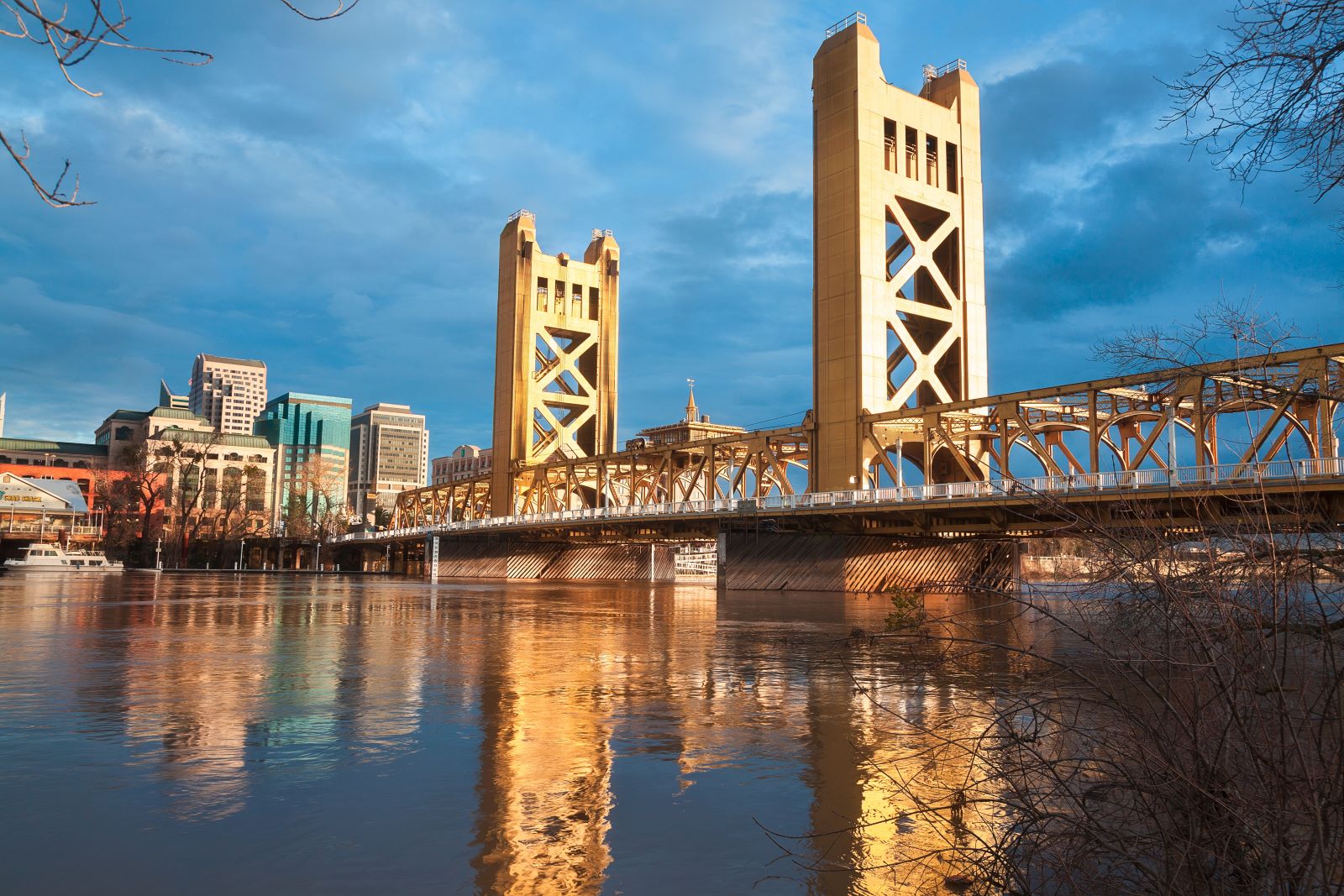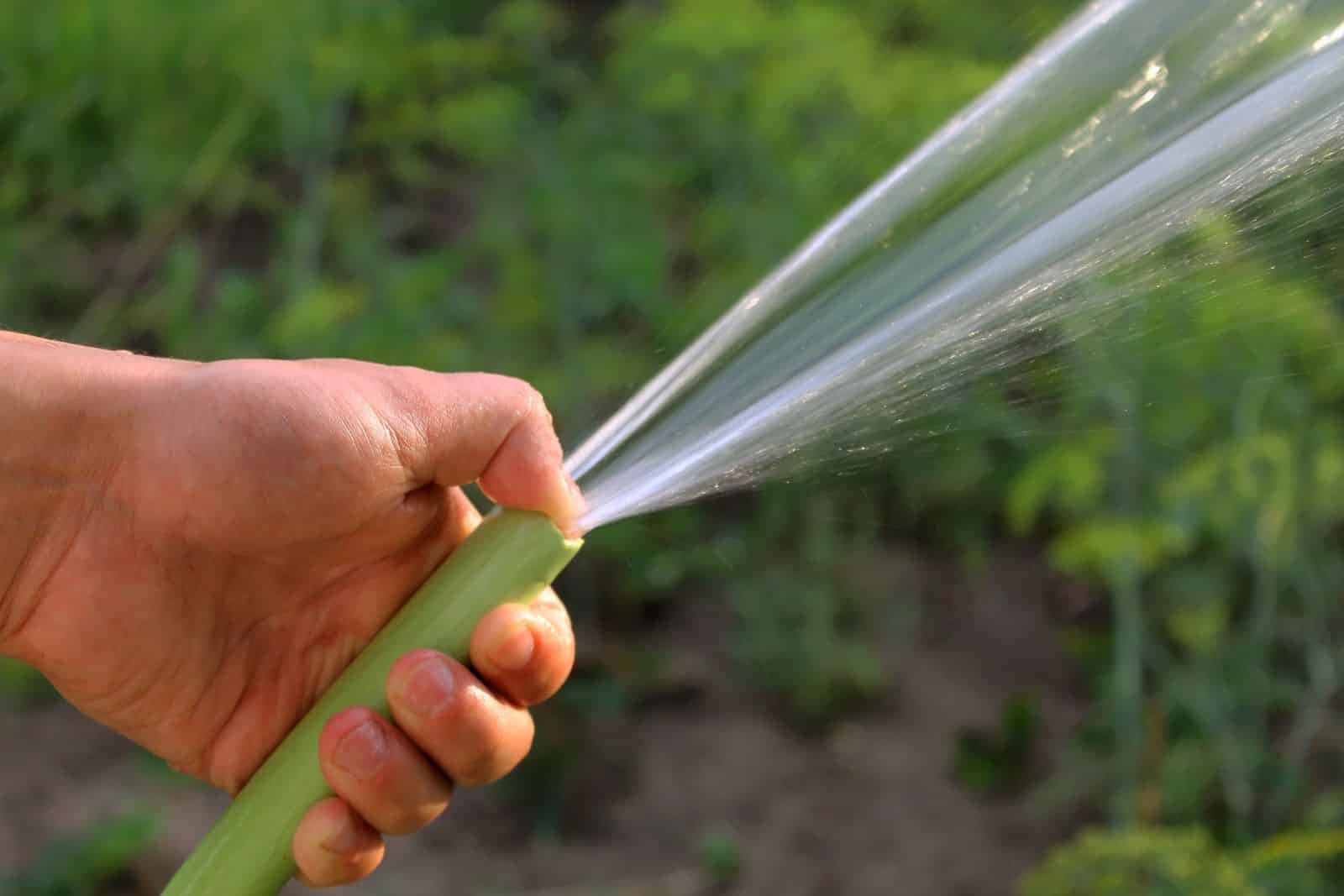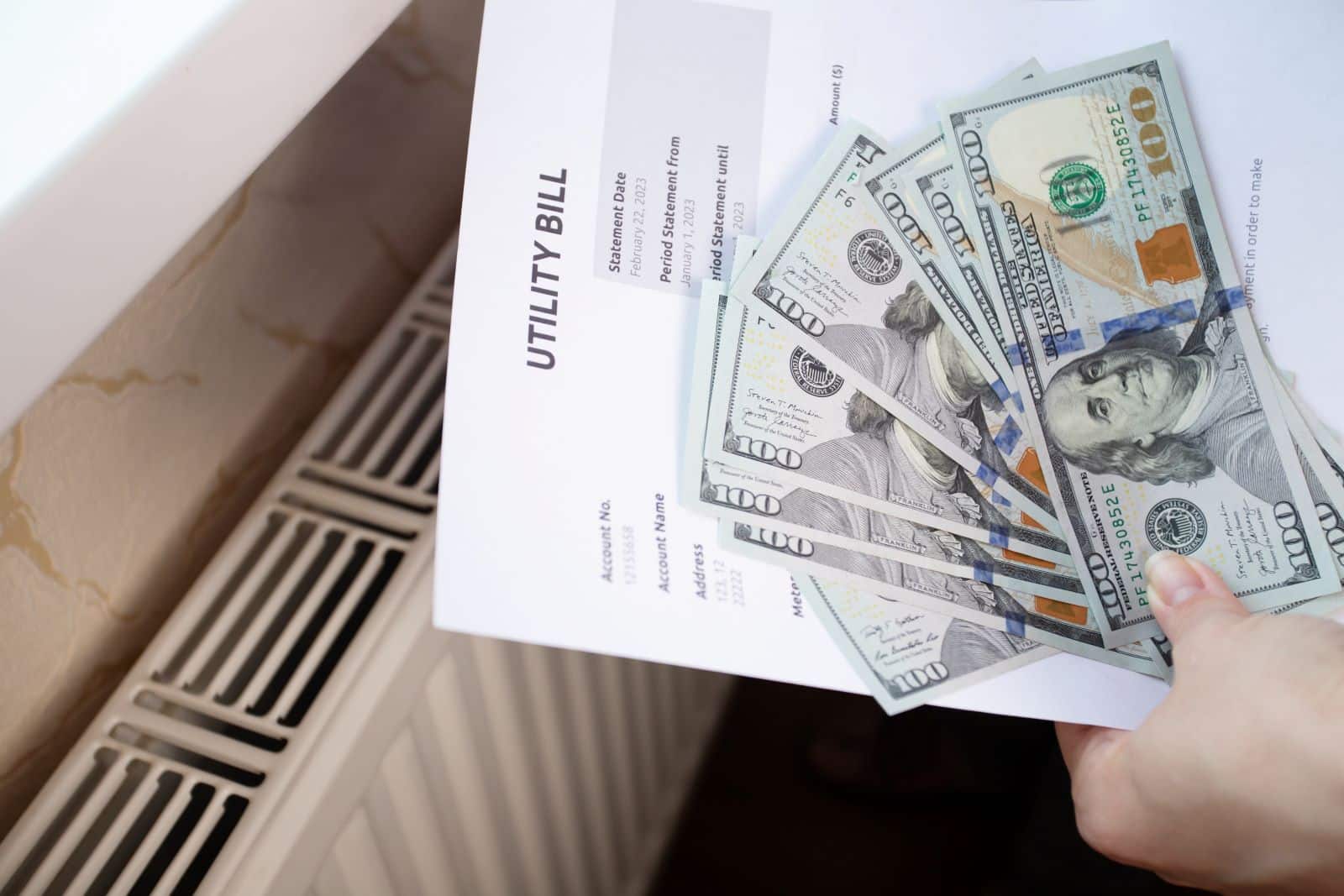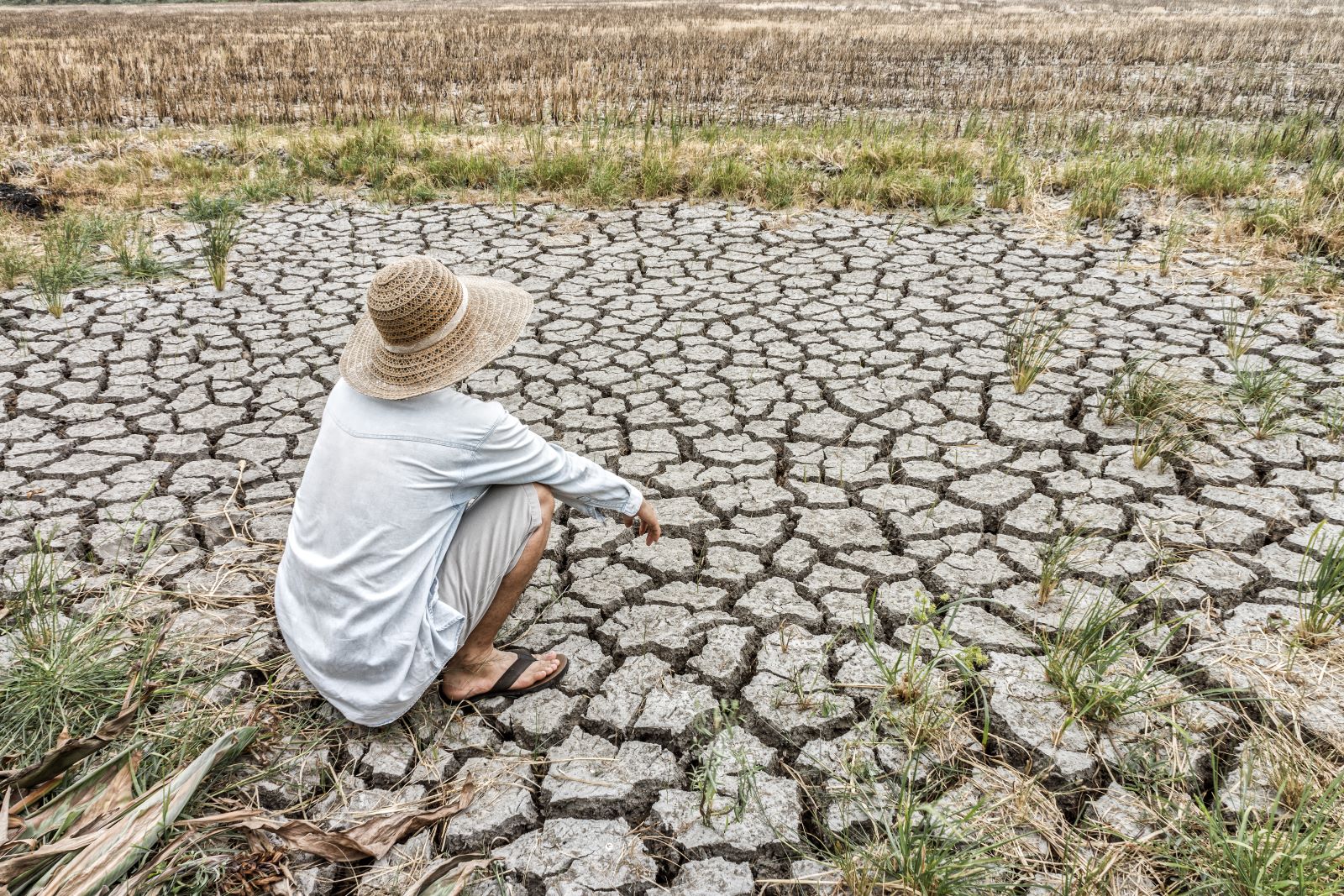In a move that has caused an outcry from both ends of the political divide, California Governor Gavin Newsom is pressing forward with ambitious plans to build a giant tunnel to catch rainwater.
Tunnel Vision

For decades, California authorities have been trying to create a water tunnel system like the one Newsom is currently pushing for – also titled the Delta Conveyance Project.
Delta Dreams

The tunnel, which would span around 45 miles in length and 36 feet in width, is the state’s answer to climate change and future water supply worries. Put simply, the tunnel would collect rainwater from the Sacramento River and then send it south for storage.
Flowing Forward

Water has been extracted directly from the Sacramento–San Joaquin River Delta estuary in Northern California and transported south to supply 30 million Californians and irrigate 6 million acres of farmland via the State Water Project for decades.
Liquid Lifeline

However, new research by state agencies has predicted that climate change and environmental regulations will result in a reduced water supply – hence the creation of the Delta Conveyance Project.
Priced to Flow

While the project sounds like a viable method to combat the effects of climate change and protect Californians’ access to water, there’s one thing that is causing outcry amongst the public – the price.
Costly Currents

A new analysis conducted by the Berkeley Research Group has put the cost for the tunnel at $20 billion – $5 billion more than previously thought.
Inflationary Budget Woes

These price increases are primarily due to inflationary pressures following the pandemic, which have pushed costs for materials and labor sky-high.
Funding California’s Water Future

The money for this project will come from 29 local water agencies, which means the customers will ultimately pay for it.
Is the Tunnel Worth It?

Supporters say the tunnel will bring $38 billion in benefits, mostly by providing a more reliable water supply that’s protected from earthquakes. In the words of David Sunding, a professor from UC Berkeley who led the analysis, “The benefits clearly justify the costs.”
Water Woes

Despite these projections, there are many vocal opponents to the tunnel.
Delta Defenders

Environmental groups are worried it will harm the Sacramento-San Joaquin River Delta’s ecosystem, which is home to endangered species of salmon.
Protecting Northern California

They’re also worried that the construction of the tunnel will damage farmlands, lower water quality in the Delta, and create noise and air pollution.
The Tunnel Tug-of-War

To address these concerns, the state has set aside $200 million for local projects in areas affected by the construction.
The Central Valley’s Stand

However, the project is still a hot topic – especially in the Central Valley – where many see it as Southern California trying to take their water. One lawmaker, Representative Josh Harder, stated, “This new analysis acknowledges what we’ve known all along: the Delta Tunnel is meant to benefit Beverly Hills and leave Delta communities out to dry.”
Harder’s Hardline

Harder promised to fight the tunnel, stating, “I’m sick and tired of politicians in Sacramento ignoring our Valley voices, and I will do everything in my power to stop them from stealing our water.”
The Bigger Picture

The tunnel is part of the State Water Project, which supplies water to 27 million people and irrigates 750,000 acres of farmland.
The Need for New Solutions

Climate change threatens this water supply, with recent droughts causing record-low water levels and power plant shutdowns.
Drought Dramas

In the last 15 years, California has suffered two droughts – one from 2011 to 2017 and another between 2020 and 2022.
Future Forecast

According to a 2023 policy brief from the Public Policy Institute of California, by 2040, average annual water supplies could decrease by 20 percent. In a worst-case scenario, this could result in the loss of up to 50,000 jobs and the fallowing of nearly 900,000 acres of farmland.
Water Worries in 2070 and Beyond

State officials also predict that by 2070, water deliveries will drop by 22% due to climate change. The new analysis by the state predicts that the Delta Conveyance Project could increase water delivered by around 17%, and while it’s not enough to cover the loss, it’s a much more manageable figure.
Remote No More: 19 Companies Returning to the Office

As the pandemic wanes, companies are recalling remote workers back to the office, sparking debates on fairness, costs, and convenience. However, there are also notable productivity, coworking, and mental health benefits to consider. Feeling the effects of these changes? Remote No More: 19 Companies Returning to the Office
8 Costco Must Buys and 8 to Leave Behind

Ever wandered Costco’s aisles, questioning if that giant jar of pickles is a real bargain? Or debated buying tires where you get your rotisserie chicken? Welcome to the definitive guide to Costco shopping—a journey to save money, prevent regrets, and offer quirky insights into bulk buying. 8 Costco Must Buys and 8 to Leave Behind
23 Reasons Texas Is the Next Big Thing

Texas is becoming a beacon of opportunity, blending cultural heritage with economic growth. From its landscapes to its industries, the Lone Star State offers a dynamic lifestyle. Here are 23 reasons why Texas stands out, attracting entrepreneurs, artists, tech professionals, and families seeking new beginnings. 23 Reasons Texas Is the Next Big Thing
Featured Image Credit: Shutterstock / Sheila Fitzgerald.
The content of this article is for informational purposes only and does not constitute or replace professional financial advice.

